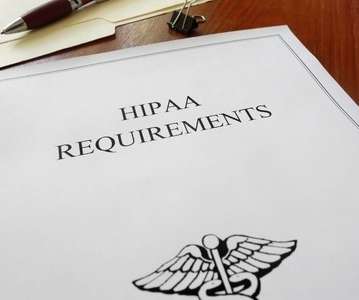Is A Health Unit Coordinator Job Hard?
We Care Online
JANUARY 15, 2025
Health Unit Coordinators perform crucial administrative functions in hospitals, clinics, and healthcare facilities, freeing up medical staff to spend more time with patients. Common tasks include: Managing patient records. Arranging appointments for tests and procedures. Managing admissions, transfers and discharges.

























Let's personalize your content